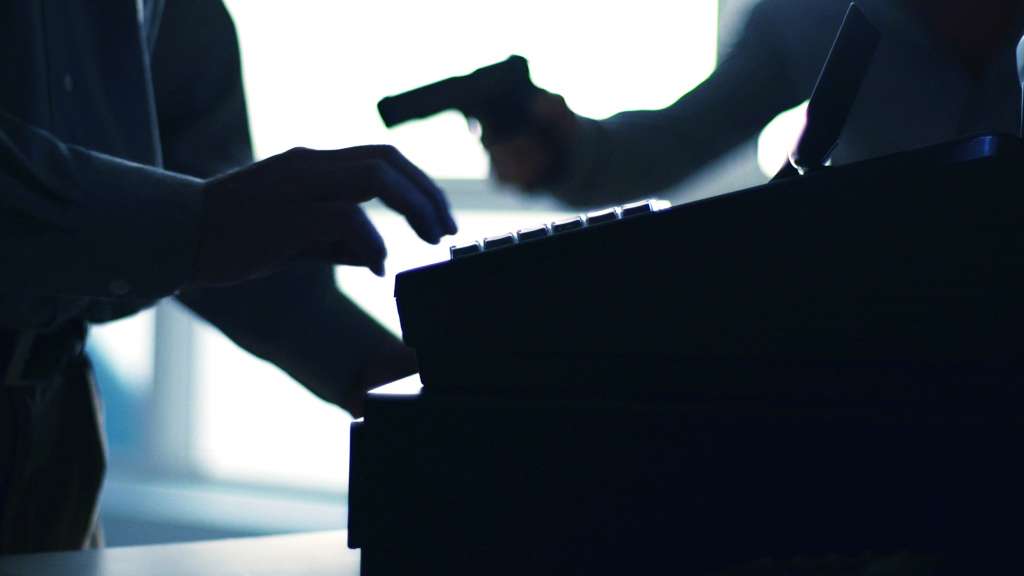Negligent Security Claims in the Age of Gun Violence
In the age of gun proliferation and related gun violence, there has been an increasing amount of acceptance that commercial landowners should now bear a duty to protect against this risk. In fact, there have been a proliferation of high-dollar legal rulings against businesses held accountable. This session at the 2020 CLM Workers’ Compensation and Retail, Restaurant and Hospitality Conference focused on various aspects of premises liability, from incident prevention responsibilities to legal defense strategies.
Speakers included:
- Sante S. Fratarcangeli, Claims Manager at Conifer Insurance
- Jeffrey Gill, Department Managing Attorney at Vernis and Bowling
- Daniel Jahnsen, Founding Partner at Bolan, Jahnsen, Dacey
WEIGHING FORESEEABILITY
Foreseeability sets the table for determining owner liability during a crime of premises. There are four tests in which to weigh foreseeability.
- Imminent Harm Test – Limits the duty to when the owner becomes aware that crimes are taking place or are about to take place. The owner can meet the burden by either warning the customer or summoning the police.
- Prior Similar Acts Test – Limits the duty to circumstances where there has been prior criminal activity of similar quality. Under this test, a car break in does not indicate a murder is foreseeable, but it might mean a mugging might be considered predictable.
- Totality of the Circumstances Test – Evaluates the character of the geographical area and whether the escalation of criminal conduct in that area provides foreseeability that a criminal act may occur in that area.
- The Balancing Test – Ruled by the California Supreme Court in 1999 that it is difficult, if not impossible, to envision any area open to the public where the occurrence of violent crime seem improbable. Thus, this test balances the imposition of the burden of the duty imposed.
DEFENDING NEGLIGENT SECURITY CLAIMS
There are several things you can do when prepping for a negligent security case.
Know the Neighborhood
When defending security claims, it is important to determine the type of neighborhood in which the incident occurred, which will determine if security is necessary and, if so, at what level.
Perception and appearance is important, however, most cases will turn on the history of relevant crimes committed in the area. The court will likely determine what constitutes the surrounding area. Plaintiff’s counsel will seek to include the volume of area crime, whereas the defense will seek to limit the geographical scope. A police grid will need to be obtained, but it is important to research the police reports within the grid to eliminate irrelevant crimes like domestic disputes or stolen cars, which the court should not admit. A motion is typically necessary to limit admissibility.
One of the best ways to uncover the nature of area crime is to interview those that live there. People who live in a particular area often do not perceive it as dangerous. These individual make better jurors and witnesses for testimony of neighborhood safety levels.
Arrange for Expert Testimony
Most negligent security cases require retention of an expert. Academic experts are helpful in explaining criminal theory to educate a jury on criminal motivation and if security measures would have deterred the individual. Industry experts are helpful to address the standard of care. For instance, former law enforcement or security officers seem to carry more weight when discussing the appropriate level of security for a particular premise and can lend insight into suitable practices and procedures. Make sure that your expert has extensive experience in the particular type of premises in the case.
Many of the criminals involved in these incidents are “disorganized criminals” seeking money for drugs or have acted on a crime of opportunity. They cannot be deterred because they have not planned their crime, nor have they put in any time to assess the presence or non-presence of security.
Industry standard for commercial premises is to have a non-armed security guard. This is important because they will admit in disposition that they are not armed and are taught not to intervene in any crime. They are taught to call law enforcement and stay out of harm’s way. This information is very important for a jury when determining causation in relation to the presence of security.
Leverage Jury Selection
Jury selection is critical. It is imperative to determine the predisposition of potential jurors to find or not find liability on the part of a premises owner when the crime is committed by a third party.
It is also important to determine potential jurors’ opinions on the Second Amendment. Gun owners and concealed carry permittees usually make great jurors in this situation. In addition, men typically make better jurors because they tend to believe they are responsible for their own safety. In high crime areas, local jurors make better jurors than those that do not live in the area, who may perceive the area as dangerous.


